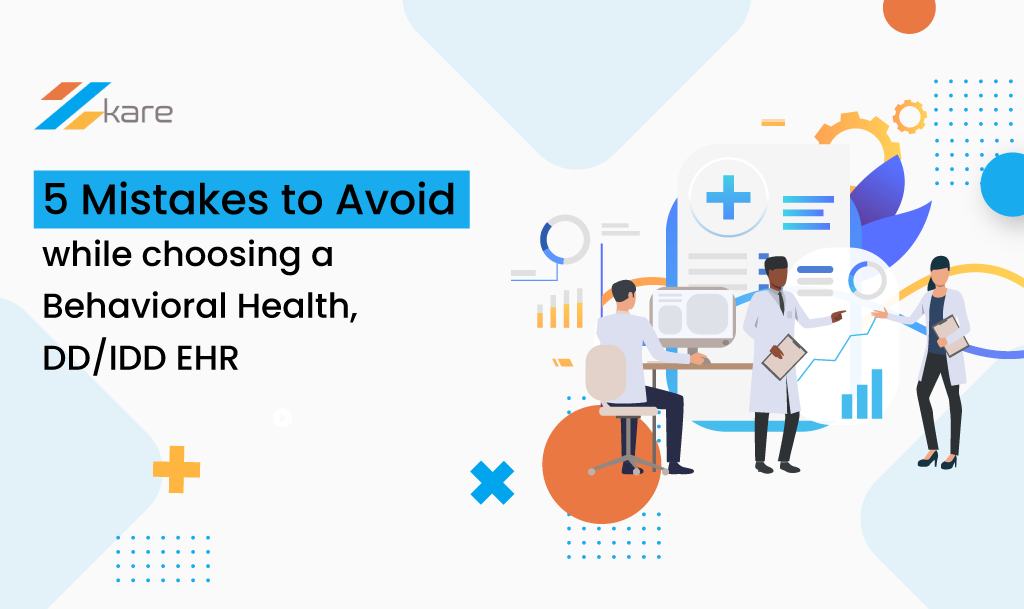
EHR Systems
Hospitals require electronic health records (EHR) systems that meet the requirements of physicians, staff, and patients. We understand that physicians and staff already have enough on their hands; an EHR shouldn’t be one of them. Avoid these five frequent mistakes when you begin your virtual search for the correct electronic health record system.
Starting the search Without forming the Internal Decision Team
The correct EHR affects every aspect of your organization’s function, so communication is vital. To avoid backtracking and guarantee that you select an EHR that works for everyone at your company, get feedback from every team member before starting your search or making any decisions.
Taking Workflow Into Account
You require an EHR that simplifies the tasks rather than complicates them. Before you begin your search, make a point of documenting existing workflows and relevant requirements. From client intake to providing service and tracking outcomes, you’ll need a flexible ERH to fit your team’s existing workflows and grow and develop with you.
Don’t forget to provide your employees with enough training
You can’t expect a seamless transition if you and your team haven’t been properly trained. You can’t expect a seamless transition if you and your team haven’t been properly trained. You can choose which team members will be trained as super users so that they can help others. Make consistent training a priority.
Failure to Calculate ROI Accurately Ahead of Time
You must be sure that the EHR you select will pay off in the long run. Simply putting in place an EHR does not ensure a positive return on investment. Calculating ROI in advance will help you avoid costly mistakes, avoid significant issues down the road, and make a better-informed decision about whether or not an EHR is a perfect fit for your business needs.
Remember to inform your clients/patients about your upgrades
Make sure your patients know about upcoming updates or modifications you plan to make. It will assist them in forecasting potential delays. Your employees may have received exceptional training, but it is still a learning curve, which could take some time. Be prepared for delayed processes as your workforce catches up. The more informed patients are about the updates, the less likely they will be frustrated when you implement a new EHR system.